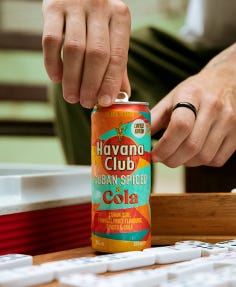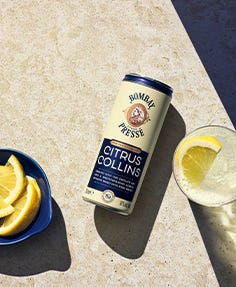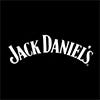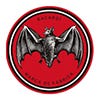McEwans
William McEwan founded the Fountain Brewery in Edinburgh in 1856. He successfully developed a local market while developing, by the 1860s, a significant export trade to the British Empire that took advantage of the reach of his father’s shipping business.
In 1886 he entered parliament, representing Central Edinburgh, and gave significant donations to the City. This included finance to build the McEwan Hall as a graduation venue for the University of Edinburgh – a magnificent building that’s still used for the purpose today.
Fountainbridge is a suburb of Edinburgh named after the spring water that was to be found there. As a result of this and its proximity to the Union Canal and the Caledonian railway line, it was the perfect site for William McEwan’s Fountain Brewery.
In the 1800s Edinburgh had a wealth of breweries – around forty – many of which were located around the ‘charmed circle’ of wells that provided perfect water for brewing. This made Edinburgh one of the most famous brewing cities in the world.
By the time McEwan’s company was registered in 1889 Fountainbridge was reputedly the largest single-ownership brewery in the United Kingdom, producing two million barrels a year. The great McEwan’s beers sold far beyond Edinburgh’s city limits – reaching much of Scotland and the north of England, and increasingly to the furthest reaches of the British Empire.
By 1930, the Great Depression hit, and no company was immune to its effects. (It was also in 1930 that 007 Sean Connery was born just around the corner from the brewery.) In December of that year, in response, McEwan’s merged with Edinburgh rival William Younger’s to form Scottish Brewers.
During this period McEwan’s became an early pioneer of container beer, where the beer could be stored on board ships for up to a year. The British Navy was to be an important McEwan’s customer throughout the century.
The company’s export trade declined during and after the Second World War, and as a result, the Abbey Brewery in Edinburgh, previously the Younger’s brewery, was closed down and converted into offices.
In 1973 the Fountain Brewery was moved and rebuilt a short distance from the original site. This move allowed for investment in pioneering new technology, making the brewing process more efficient and delivering beers of more consistent quality.
In 2004, production of the McEwan’s range of ales moved from Fountain to the award-winning Caledonian Brewery on nearby Slateford Road. Then, in 2011,Wells & Young’s, the UK’s largest independent family brewery, bought the McEwan’s portfolio with the aim of putting McEwan’s back where it belongs – as Scotland’s best known and best loved beer.



































































